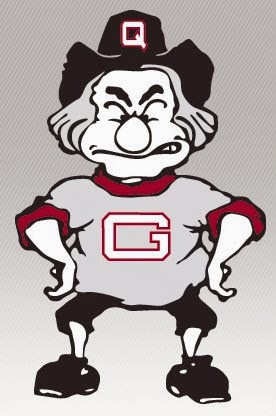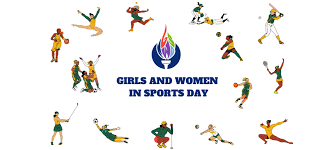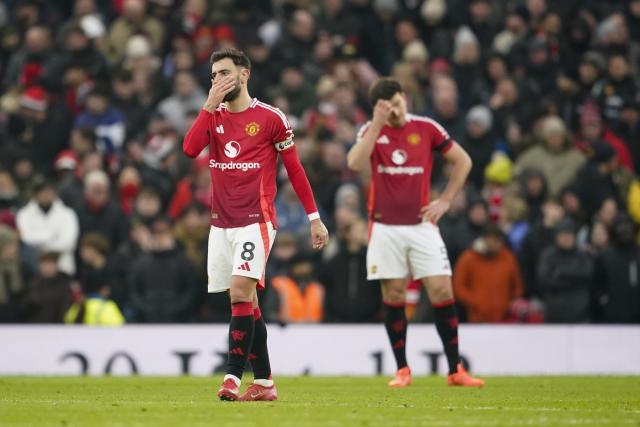Twenty-four white National Football League head coaches. Four minority NFL head coaches. Twenty-four white National Basketball Association coaches. Four minority NBA head coaches. You do the math.
“In the NFL, you’ve got Norv Turner,” said Director of Community Learning James Shields. “He doesn’t seem to get through to the next level, but yet he keeps getting jobs. That probably more than anything keeps young talent, including coaches of color, from getting an opportunity to coach. It’s hard to get that chance when we keep recycling the same old guys.”
According to ESPN, the Rooney Rule was implemented in 2003. It required each team to interview one minority, non-white candidate for each new coaching or general manager opening.
Even with the Rooney Rule in place, of the eight head coaches hired this off-season in the NFL, all of them were white men.
“Anytime you’re forcing someone to interview someone based off of a skin color or sexual orientation or whatever I think you’re putting people in a position to fail,” said head football coach Chris Rusiewicz. “I understand the philosophy behind it is to try to give equal and fairness to the people of the minority for whatever it may be, but I just wish it could just get past a rule and just do it for all of the right reasons.”
This issue extends beyond the NFL. Major League Baseball has a total of three African American managers after Ozzie Guillen was fired by the Miami Marlins. Even when coaches do get hired, the amount of patience for them seems very thin.
“It’s odd that in some ways owners don’t (keep) a mediocre African American coach as long as a white coach who does not produce championships and wins,” said Shields. “I think a prime example is what happened to Mike Brown in the Lakers.
“They were two weeks into the season. The guy gets fired. You brought in all these new people and Mike Brown ended up being the scapegoat. You rarely hear of a white coach being fired so quickly under those circumstances.”
Conversely, head track & field coach Danny Cash said, “Track and field has a very wide socioeconomic diversity, so it allows more people to be involved in the sport and that gives more opportunities for coaching.”
The shortage of minorities may be more prevalent in some sports than others. However, there is no doubt that minorities are, in fact, the minority among coaches.
“Racism is institutionalized in America,” said junior Faris El-Ali, co-captain of the football team. “I don’t think a lot of people recognize that. That there are certain stereotypes that go along with race, and although the civil rights movement is over in that America is slave-free and integrated doesn’t mean that everybody gets the same opportunity. I think it’s kind of ingrained in American culture.”
At Guilford, the issue presents itself as well.
“Even here, we don’t have a lot of minority coaches, but yet we have a lot of minority athletes, so the coaching staff certainly doesn’t reflect the athletes on the field in a lot of ways,” said Shields.






